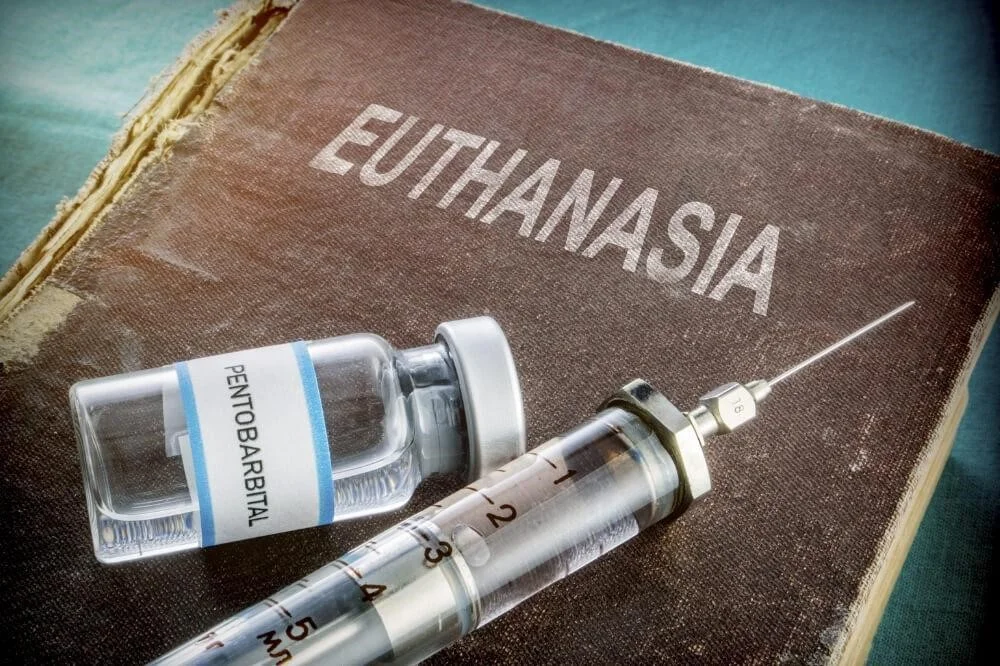Former Dutch Prime Minister Dries van Agt and his wife Eugenie van Agt-Krekelberg passed away recently due to deteriorating health issues, after opting for euthanasia.
About Euthanasia:
- Euthanasia, also known as mercy killing or assisted suicide, is the act of intentionally ending a person’s life to relieve pain and suffering.
- It can offer a compassionate end to suffering for those with terminal illnesses or unbearable pain, allowing individuals to die with dignity and on their own terms.
Types:
- Active euthanasia, which is legal in only a few countries, entails the use of lethal substances to end the life of the patient.
- Passive euthanasia is when life-support mechanisms that are preserving the patient’s life are withdrawn.
- Voluntary Euthanasia is when a competent individual chooses to end their life due to terminal illness or unbearable pain, seeking assistance from a medical professional or another person for a peaceful death.
- Involuntary euthanasia involves ending a person’s life against their will, often without their knowledge or consent.
- It is universally deemed unethical and is illegal in most jurisdictions.
Ethical concerns:
- Proponents argue that euthanasia provides a compassionate end to suffering for individuals with terminal illnesses or unbearable pain, enabling them to die with dignity and according to their own wishes.
- They advocate for its legalization to grant patients autonomy and control over their bodies and lives.
- Opponents, however, raise concerns about the potential for abuse, the slippery slope towards involuntary euthanasia, and the devaluation of human life.
- They argue that legalizing euthanasia could undermine the sanctity of life and erode trust in medical professionals.
What is the law in India?
- While active euthanasia is illegal in India, the Supreme Court in 2018 allowed living will (Passive euthanasia).
- The Supreme Court also ruled that the right to die with dignity is a fundamental right under Article 21.
- The government, however, is yet to come up with a comprehensive law on passive euthanasia.
What is ‘living will’?
- The “living will” grants individuals the right to issue advance directives regarding their treatment, including the withdrawal of life support, in the event of certain circumstances.
- This allows an adult of sound mind to refuse medical treatment or voluntarily decide not to take medical treatment to embrace death in a natural way.
Ref:Source
| UPSC IAS Preparation Resources | |
| Current Affairs Analysis | Topperspedia |
| GS Shots | Simply Explained |
| Daily Flash Cards | Daily Quiz |



